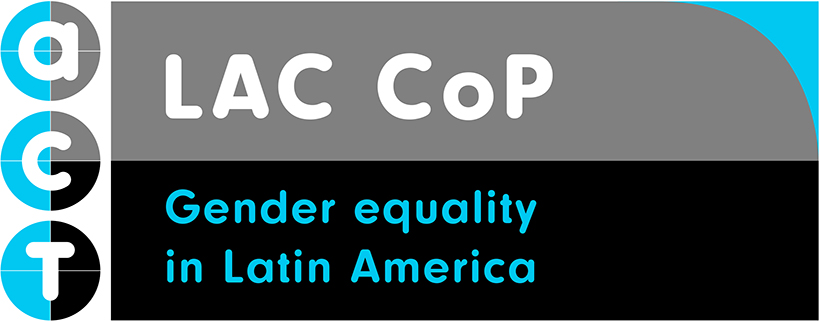They highlighted having strengthened their knowledge on the "long" history of the processes and the initiatives carried out since the 1980s in some Latin American Universities to promote gender equality in those institutions.
Also, they appreciated having learnt about different theoretical approaches and strategies that have driven these efforts over the decades, their conflicts and their outcomes.
They agreed that the plans, programmes and institutionalization strategies that they are undertaking in this new phase (starting around 2010) should not focus exclusively on technical aspects.
Instead, they agreed that their plans and programs should be conceived as a political process for advancing towards gender equality, which means challenging the traditional structures of knowledge creation and distribution of power in academic institutions. Therefore, it generated resistances that need to be recognised and addressed.
Given the evidence that "contexts matters", they claim that strategies and actions to strengthen gender equality in universities must start from a thorough analysis of the comprehensions, values and practices of key actors both inside and outside universities, in order to design effective political and technical strategies.
The institutionalisation and mainstreaming of the gender approach in higher education is essentially a political and technical task that requires a permanent articulation with feminist and diversity movements, the participation in networks (national, regional and international) and the construction of alliances with the social actors involved (professors, researchers, students unions, administrative staff, trade unions, political parties, social movements, media, etc.) in order to build a more equitable and fairer higher education institution.
They also underline the importance of critical reflection and the strengthening of collaborative spaces, dialogue and exchange for the collective construction of institutional transformation.
